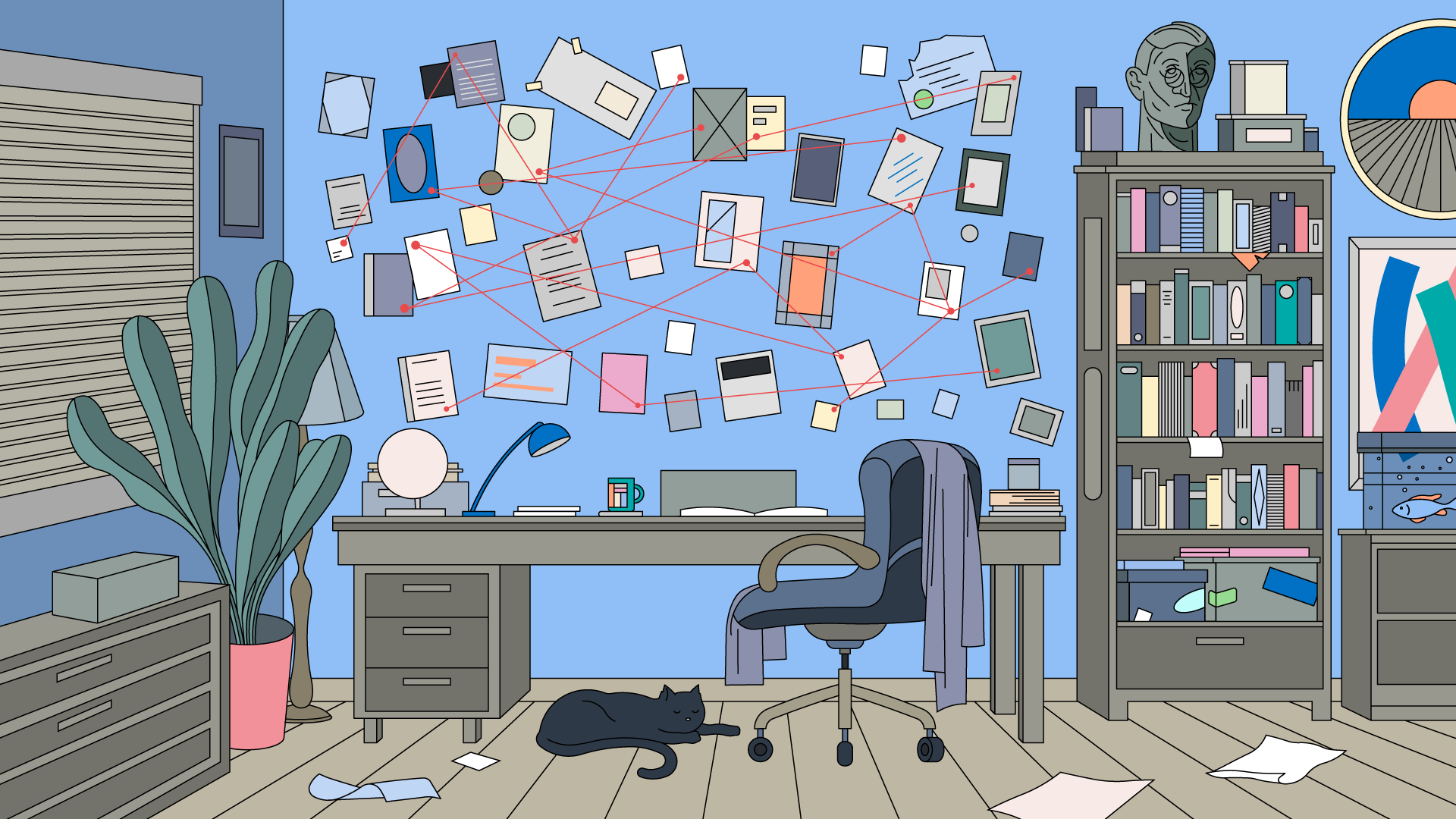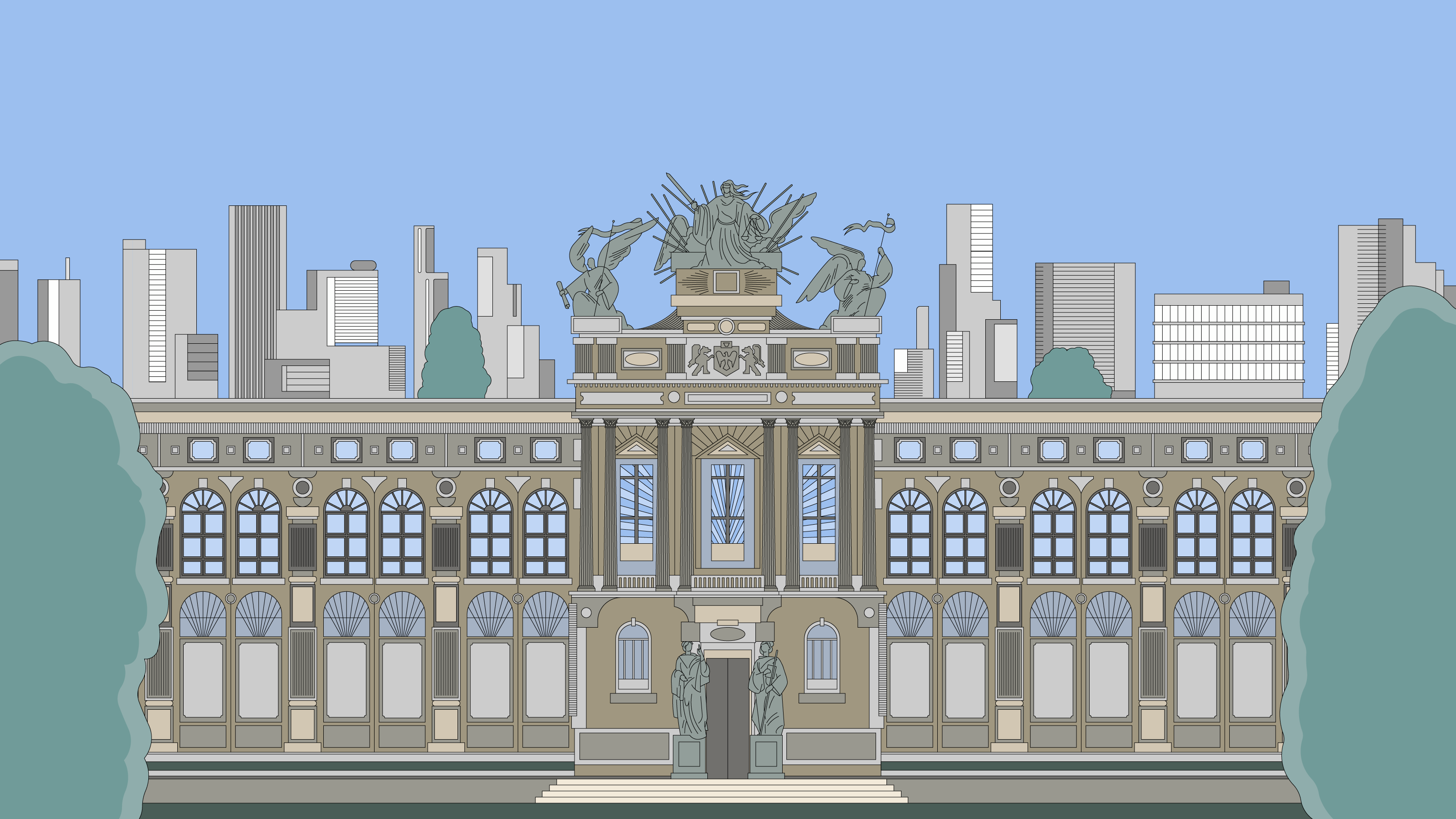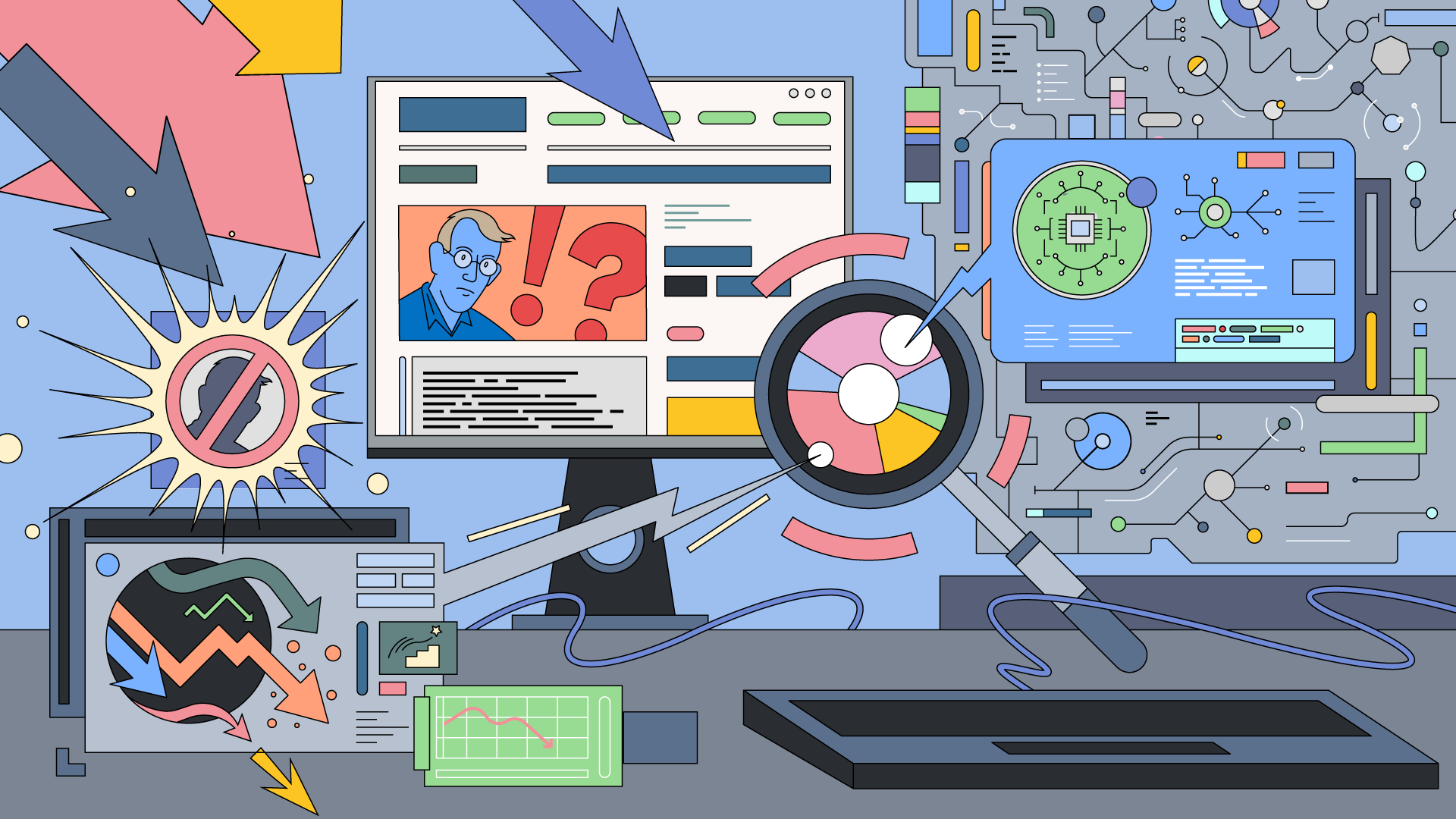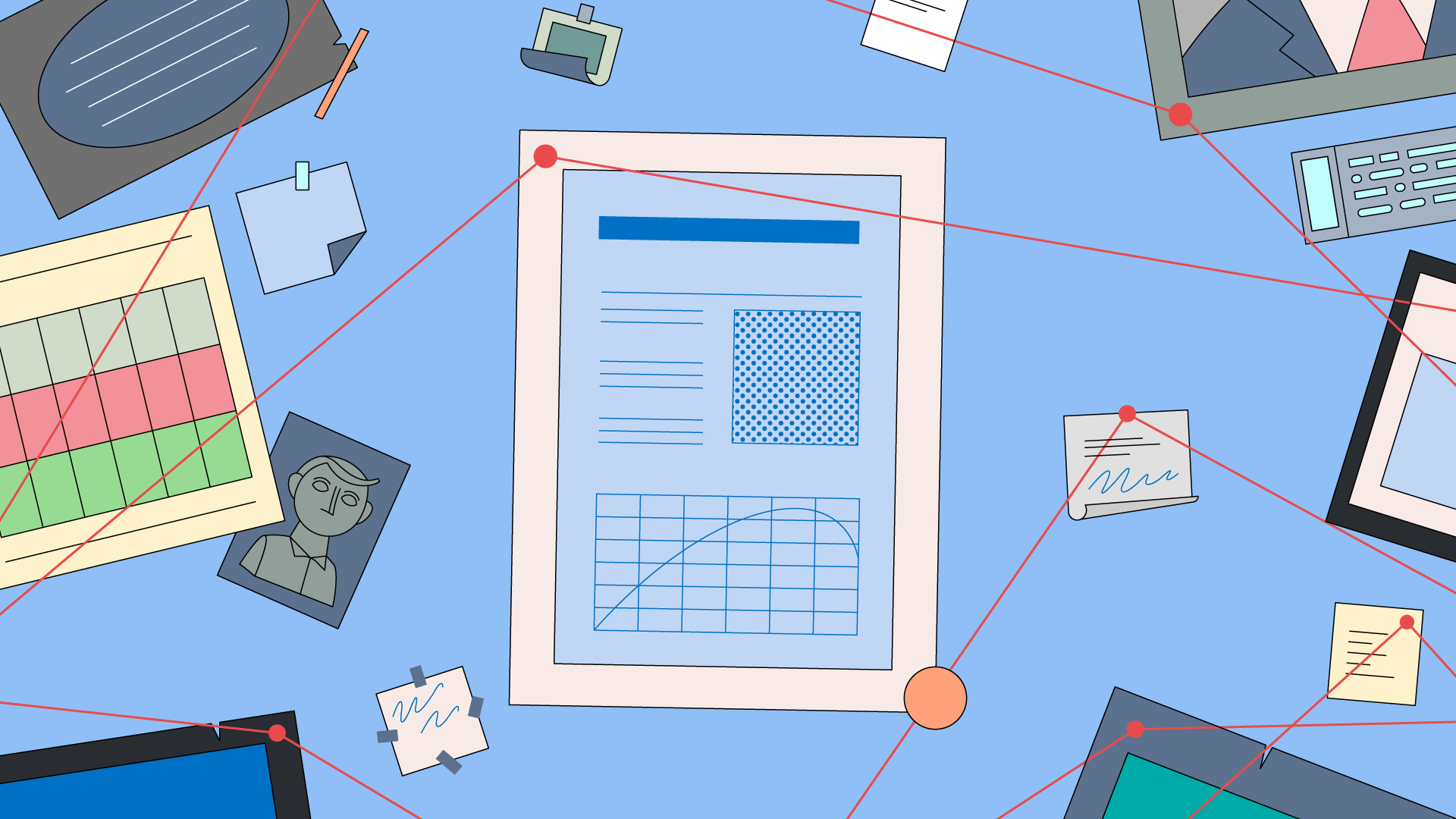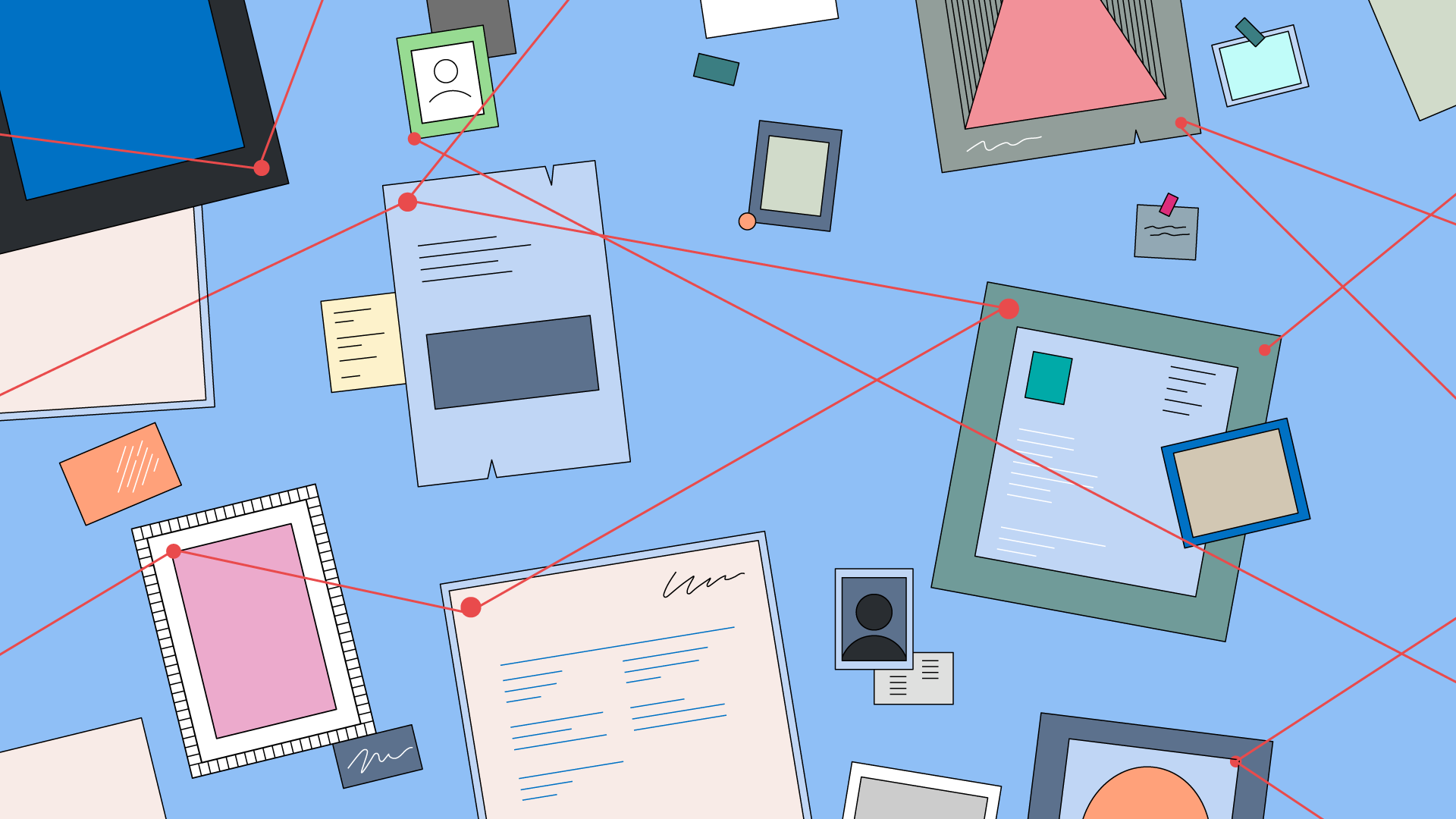
Illustrations for "The Blame Game", a project conceived and developed by Matija Franklin and Darko Stojilović, researchers at University College London (UCL). The project was supported by the Alan Turing Institute, where Matija undertook an enrichment scheme.
At the core of this game is research on human attribution of responsibility and the types of information people seek when making judgments about the accountability of artificial intelligence.
"The Blame Game" is an interactive online experiment. It takes the form of a visual novel set in a world where players assume the role of a judge. Each scenario includes AI and human "suspects" and "witnesses," and it is up to the player to investigate sources, assess and determine the degree of guilt, and observe how each decision further shapes the story.
I am grateful to Matija and Darko for the opportunity to collaborate: the illustrations were a true challenge, and it felt as if we were working on comic book panels or animation frames, even though they essentially served as backgrounds for a set of questions guiding the player through each "case."
The project was supported by the following universities: UCL (University College London), Brown, Oxford, Exeter, the University of Granada, as well as the AI Objectives Institute.
At the core of this game is research on human attribution of responsibility and the types of information people seek when making judgments about the accountability of artificial intelligence.
"The Blame Game" is an interactive online experiment. It takes the form of a visual novel set in a world where players assume the role of a judge. Each scenario includes AI and human "suspects" and "witnesses," and it is up to the player to investigate sources, assess and determine the degree of guilt, and observe how each decision further shapes the story.
I am grateful to Matija and Darko for the opportunity to collaborate: the illustrations were a true challenge, and it felt as if we were working on comic book panels or animation frames, even though they essentially served as backgrounds for a set of questions guiding the player through each "case."
The project was supported by the following universities: UCL (University College London), Brown, Oxford, Exeter, the University of Granada, as well as the AI Objectives Institute.
